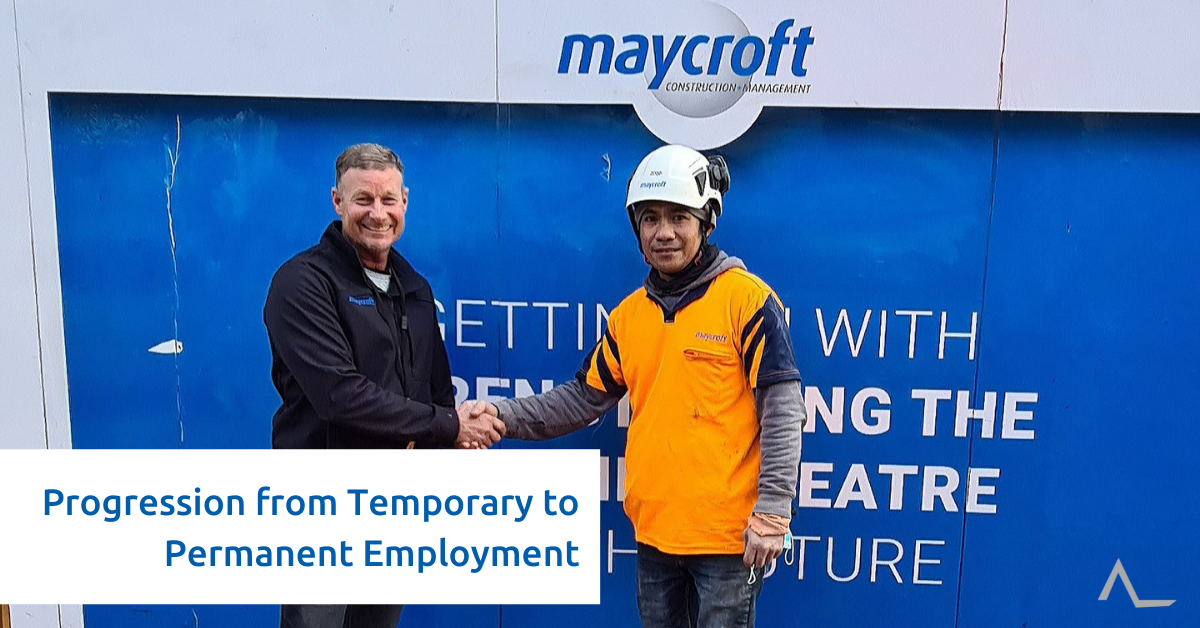Early on in the journey of Stellar, Shaun and I were fortunate enough to identify our passion. It was simple- bring like-minded people together and create something special.
In any business, it’s generally the people that dictate the overall success of the organisation. Few businesses, even those with a great product offerings or digital platforms, will prosper in the long-term without great people. Teams that work collectively and cohesively together create strong and positive cultures, and it’s these cultures that enable high performance, if developed in the right manner. High performance doesn’t often self-generate in a business; in my view there are key factors that must be present to allow it to form.
The key aspects of developing the foundation of a high performance culture are as follows:
- The company must have a clear vision or purpose to allow its employees to understand its direction and what the company aspires to achieve. A vision needs to be specific and related to the business’s core product or service offering and overall objectives. A vision may also set out what the company will look and feel like in the future.
- What underpins a company’s vision is its values. Company values provide the “framework” for the expectations of its staff and their required behaviours. These behaviours are then infiltrated throughout the companies HR framework from the recruitment strategy to its code of conduct and performance management framework. All staff including the leaders in the business are expected to “live and breathe” the company values and uphold their intent. All staff, not only its leaders need to take a stand for the company values in order to protect the culture of the business.
- A well-executed recruitment strategy that ensures key talent is identified and hired in the business ensures the organisation attracts, retains and nurtures people with the right attributes, attitudes and potential to be moulded into the culture of the business or work group.
- It’s also important that there are sound professional working relationships between the team members. This allows people to develop the “chemistry” that sets the foundation for a cohesive work group. One bad egg in the group can cause frustration and negative emotion that will disrupt the group’s productivity and performance if not dealt with.
- Clear accountabilities and role definition then define what each staff member is required to do in order for them to be successful in their position. Employees need clarity and it’s the position description that defines this while incorporating the accountabilities and role definition along with key performance metrics that allow each employee to be measured against success.
- A rewards framework then allows each staff member to be rewarded for their achievement and success. There are various types of rewards that can motivate the right behaviours both individually and as a team/ group. The reward framework must reflect what the employee can impact and the further up organisational structure the role sits, the longer the focus should be (i.e. yearly versus quarterly).
- Career progression, development and training is essential to give employees direction into the future of their career within the organisation, offer them role challenge to take on more and to learn and develop their skills. These factors create real engagement if the employee is motivated at developing their career and create longevity in tenure.
- Strong and effective leadership is the key element that brings together the above to ensure that it’s effectively executed in the business and that staff are engaged, gel as a team and work cohesively together. Great leaders create followers, they don’t “manage” people; they empower, deal with conflict and under performance quickly and fairly, as well as ensure that the business evolves and develops to meet changing market conditions. Leadership skills can be developed over time and it’s those businesses that value leadership development and career progression that will prosper into the future as developing a leader from within is often the best solution.




